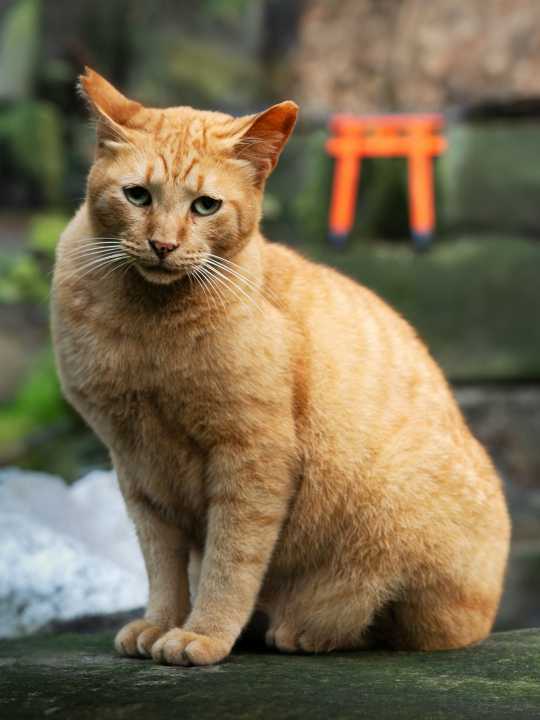As pet owners, we do our best to keep our furry friends safe and healthy. We feed them the best food, take them on regular walks, and make sure they have all the love and attention they need. However, there are some common household items that can be harmful or toxic to pets if ingested or exposed to in any way. It’s important to be aware of these items to prevent any accidents or health issues for our beloved pets.
1. Cleaning products: Many cleaning products contain harsh chemicals that can be toxic to pets if ingested or inhaled. Common household cleaners such as bleach, ammonia, and floor cleaners can cause irritation to a pet’s skin, eyes, and respiratory system. It’s important to keep these products out of reach of pets and to use pet-safe cleaning products instead.
2. Plants: While plants can add beauty to our homes, many common houseplants can be toxic to pets if ingested. Some examples of toxic plants include lilies, poinsettias, and philodendrons. It’s important to research which plants are safe for pets and to keep toxic plants out of reach or out of the house altogether.
3. Medications: Human medications, both prescription and over-the-counter, can be harmful to pets if ingested. Pain relievers, antidepressants, and cold medicines are just a few examples of medications that can be toxic to pets. It’s important to store all medications in a secure location where pets cannot access them, and to consult with a veterinarian before giving your pet any medication.
4. Chocolate: Many pet owners are aware that chocolate is toxic to pets, especially dogs. Chocolate contains theobromine, a stimulant that can cause symptoms such as vomiting, diarrhea, and seizures in pets. It’s important to keep all forms of chocolate, including cocoa powder and baking chocolate, out of reach of pets.
5. Xylitol: Xylitol is a common sugar substitute found in many household items such as gum, candy, and toothpaste. While xylitol is safe for humans, it can be toxic to pets, especially dogs. Xylitol can cause symptoms such as low blood sugar, seizures, and liver failure in pets. It’s important to check the ingredients of any products before giving them to your pet.
6. Pesticides: Many pet owners use pesticides to control pests in and around their homes. However, many pesticides can be toxic to pets if ingested or inhaled. It’s important to use pet-safe pest control methods and to keep pets away from treated areas until the products have dried and are safe for pets.
7. Antifreeze: Antifreeze is commonly used in cars to prevent freezing in cold weather. However, antifreeze can be toxic to pets if ingested. Antifreeze contains ethylene glycol, which can cause kidney failure and death in pets. It’s important to keep antifreeze out of reach of pets and to clean up any spills immediately.
8. Rodenticides: Many pet owners use rodenticides to control rodents in and around their homes. However, rodenticides can be toxic to pets if ingested. Rodenticides contain poisons that can cause internal bleeding, seizures, and other serious health issues in pets. It’s important to use pet-safe rodent control methods and to keep pets away from treated areas.
9. Essential oils: While essential oils have gained popularity for their therapeutic benefits, many essential oils can be toxic to pets if ingested or inhaled. Some essential oils, such as tea tree oil and eucalyptus oil, can cause symptoms such as vomiting, diarrhea, and respiratory distress in pets. It’s important to consult with a veterinarian before using essential oils around pets.
10. Batteries: Batteries are commonly found in many household items such as remote controls, toys, and watches. However, if a pet chews or ingests a battery, it can cause corrosive burns to the mouth and esophagus. It’s important to keep batteries out of reach of pets and to dispose of used batteries properly.
In conclusion, there are many common household items that can be toxic to pets if ingested or exposed to in any way. It’s important to be aware of these items and to take precautions to keep them out of reach of pets. By being vigilant and proactive, we can help keep our furry friends safe and healthy. If you suspect that your pet has ingested a toxic substance, it’s important to contact a veterinarian or animal poison control immediately for guidance and treatment. Preventing toxic exposures in the first place is the best way to keep our pets safe and healthy.
